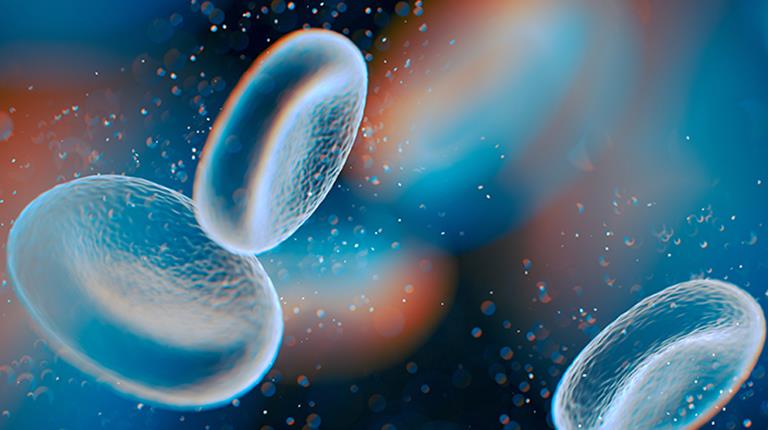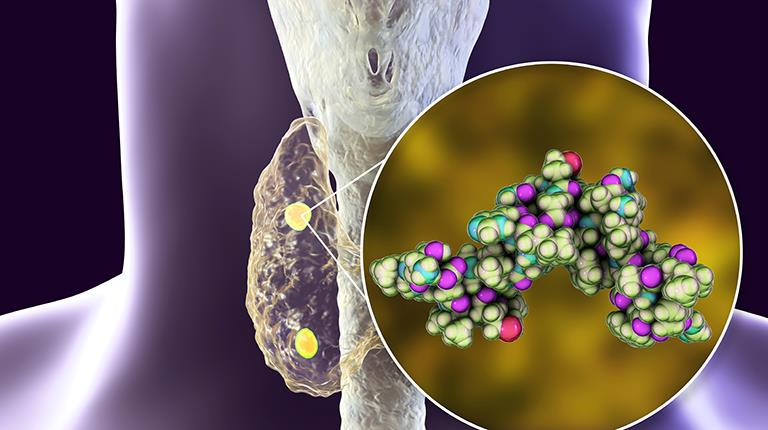
NEPHROLOGY
WE FOCUS ON A BROAD AND INNOVATIVE NEPHROLOGY PORTFOLIO
Chronic kidney disease (CKD) is relatively common among adults, with prevalence of up to 13% and rising as the population ages. CSL Vifor strives to improve lives of people suffering from kidney diseases, through our broad, innovative nephrology portfolio and individualized solutions.
People suffering from kidney disease face a long and difficult journey associated with multiple and varying conditions & complications that severely impact their quality of life and life expectancy.
We partner with specialists to improve lives of patients with high unmet medical needs across all stages of kidney disease, from early stage to post transplantation. Through our innovative nephrology portfolio and individualized solutions we aim to preserve renal function, manage complications and improve quality of life.

HYPERTENSION, DIABETES AND HEART FAILURE
Hypertension, diabetes and heart failure are the main contributing risk factors for developing chronic kidney disease. The occurrence of CKD is also increasing worldwide as the population ages. Although CKD cannot be completely reversed, medication is often used to treat associated complications and slowdown further kidney damage.

RENAL ANAEMIA MANAGEMENT
Iron deficiency is a health-related condition where there is not enough iron available to meet the body’s needs.
Over time, a deficiency in iron can lead to anemia, a condition in which the body is not able to produce enough red blood cells. As a consequence, not enough oxygen can be carried to the body’s tissues and organs. Chronic kidney disease patients are at greater risk of anaemia, because their kidneys cannot synthetize sufficient amounts of the hormone erythropoietin (EPO). Also, iron deficiency is a main reason for the development of anaemia in patients with CKD due to an increased iron loss (haemodialysis, and frequent blood tests), reduced iron absorption and impaired mobilization of iron from stores.
What is EPO?
Erythropoietin (EPO) is a natural hormone produced by the kidneys which regulates the production of red blood cells.
In CKD patients, kidney dysfunction can lead to a deficit in the production of EPO, resulting in a decrease in the production of red blood cells causing anaemia. In dialysis patients, advanced kidney impairments lead to a lack of natural EPO which results in severe anaemia.
In these cases, treatment with ESAs is recommended because they act as a natural EPO to stimulate red blood cell production. Short-acting ESAs are typically administered two to three times a week. Long-acting ESAs have been designed to have a much longer lasting effect, allowing for dosing once or twice a month.
MINERAL AND BONE DISEASE MANAGEMENT
The kidney is normally responsible for excreting waste and excess water from the body, and for regulating various hormones.
If the kidney is damaged, it can pose significant health risks, including mineral and bone disorder. Hormones and minerals play an essential role for bones and cardiovascular health.
Hyperphosphatemia and Secondary Hyperparathyroidism (SHPT) are currently the conditions we are focusing on within the mineral and bone disease management.
Hyperphosphatemia
Phosphorus is a mineral which plays an essential role in bone metabolism and cellular functions. An abnormal elevation of phosphorus levels – Hyperphosphatemia – in the blood, is a common and serious condition in CKD patients on dialysis, because the kidneys cannot remove extra phosphorus.
Most patients are treated with a phosphate binder, however up to 50% of patients – depending on the region – are unable to achieve and maintain their target serum phosphorus levels. In some patients, non-compliance due to the high pill burden and poor tolerability appear to be key factors behind this. On average, dialysis patients take approximately 19 pills per day, with phosphate binders comprising around 50% of this daily pill burden.

SECONDARY HYPERPARATHYROIDISM (SHPT)
SHPT is characterised by increased secretion of parathyroid hormone (PTH) due to disrupted mineral and vitamin D homeostasis in chronic kidney disease (CKD) patients.
It affects 40–82% of patients with stage 3 or 4 CKD. The loss of mineral homeostasis leads to an enlargement of the parathyroid glands, as well as bone and vascular complications, which are linked with increased morbidity (the rate of disease in a person or population) and mortality.
Hyperkalaemia
Hyperkalaemia is defined as abnormally elevated levels of potassium in the blood, a serious condition in cardio-renal patients that can be responsible for cardiac arrhythmias leading to cardiac arrest and death, with a resulting mortality rate of up to 30%.
Severe hyperkalaemia is an independent predictor of mortality and hospitalisations. Recurrent hyperkalaemia frequently occurs in patients with chronic kidney disease suffering from hypertension or diabetes, with or without heart failure. It is often triggered by treatment with renin-angiotensin-aldosterone system inhibitors (RAASi), the cornerstone therapy for a number of conditions in cardio-renal patients such as hypertension or heart failure. As a consequence, RAASi therapy is often down-titrated or discontinued, compromising its cardio-renal protective benefit. Enabling patients to remain on RAASi by managing chronic hyperkalaemia is a key goal of treatment with Veltassa®.

KIDNEY FUNCTION PRESERVATION AND IMPROVEMENT
ANCA-associated vasculitis (AAV)
Anti-neutrophil cytoplasmic auto-antibody-associated vasculitis (ANCA-associated vasculitis - AAV) is a rare inflammatory renal disease.
ANCA-associated vasculitis is a group of autoimmune diseases that lead to significant morbidity and mortality. AAV affects blood vessels in different parts of the body resulting in damage to vital organs such as the lungs, kidneys, nasal sinuses, nervous system, gastrointestinal system, skin, eyes and heart. Many patients with AAV have reduced quality of life with a high psychological and emotional burden.

CONDITIONS ASSOCIATED WITH KIDNEY IMPAIRMENT
CKD-associated pruritus (CKD-AP) Chronic kidney disease-associated pruritus (CKD-aP) is an intractable systemic itch condition that occurs with high frequency and intensity in both dialysis and non-dialysis CKD patients.
About 60-70% of CKD patients on dialysis report pruritus; of these, 30-40% experience moderate to severe pruritus. Nearly 60% of CKD-aP patients experience symptoms almost every day for months or years, even when using antihistamines and corticosteroids. Chronic pruritus directly decreases quality of life and contributes to symptoms that impair quality of life; the disease is also associated with depression. CKD-aP is an independent predictor of mortality related to increased risk of inflammation and infections in haemodialysis patients.

